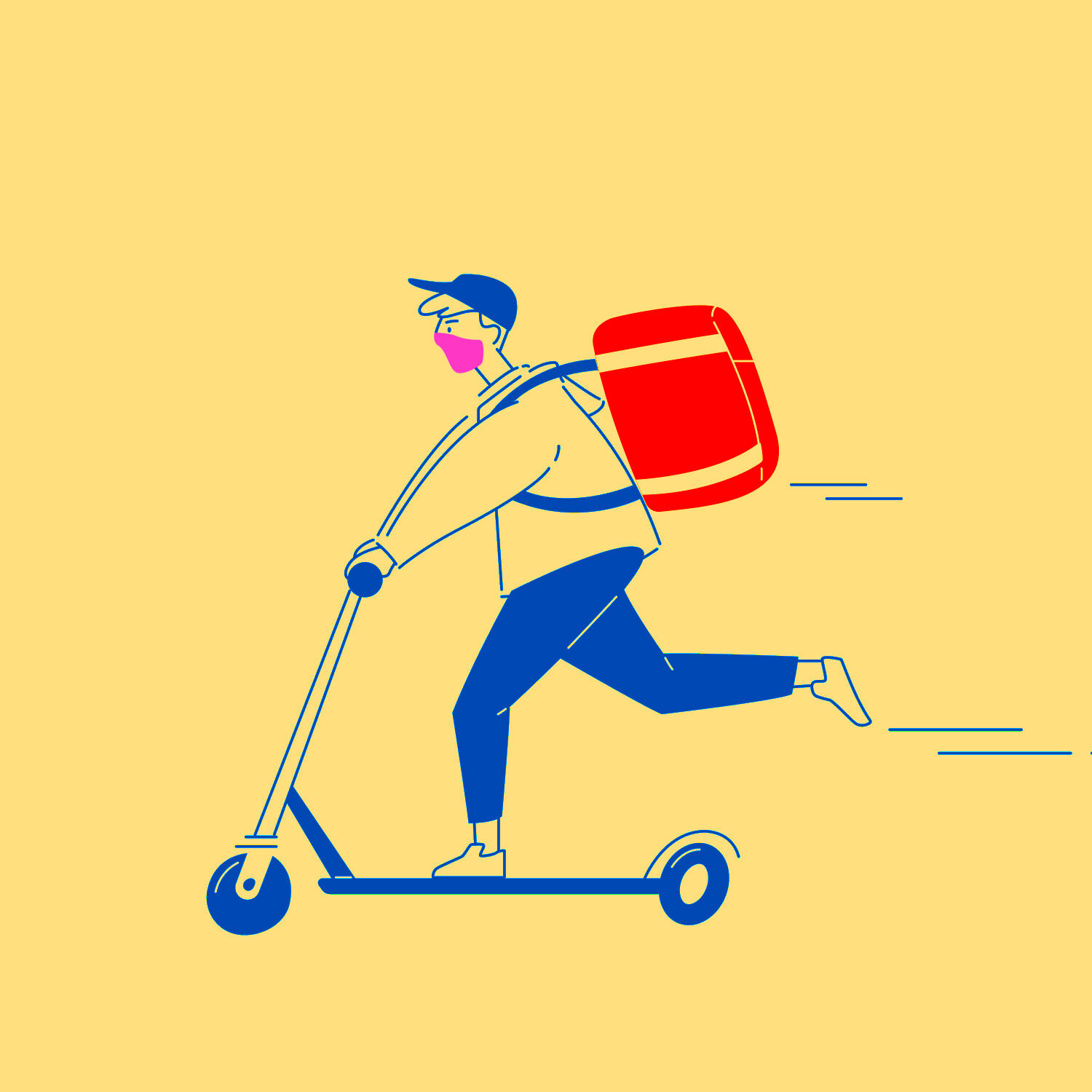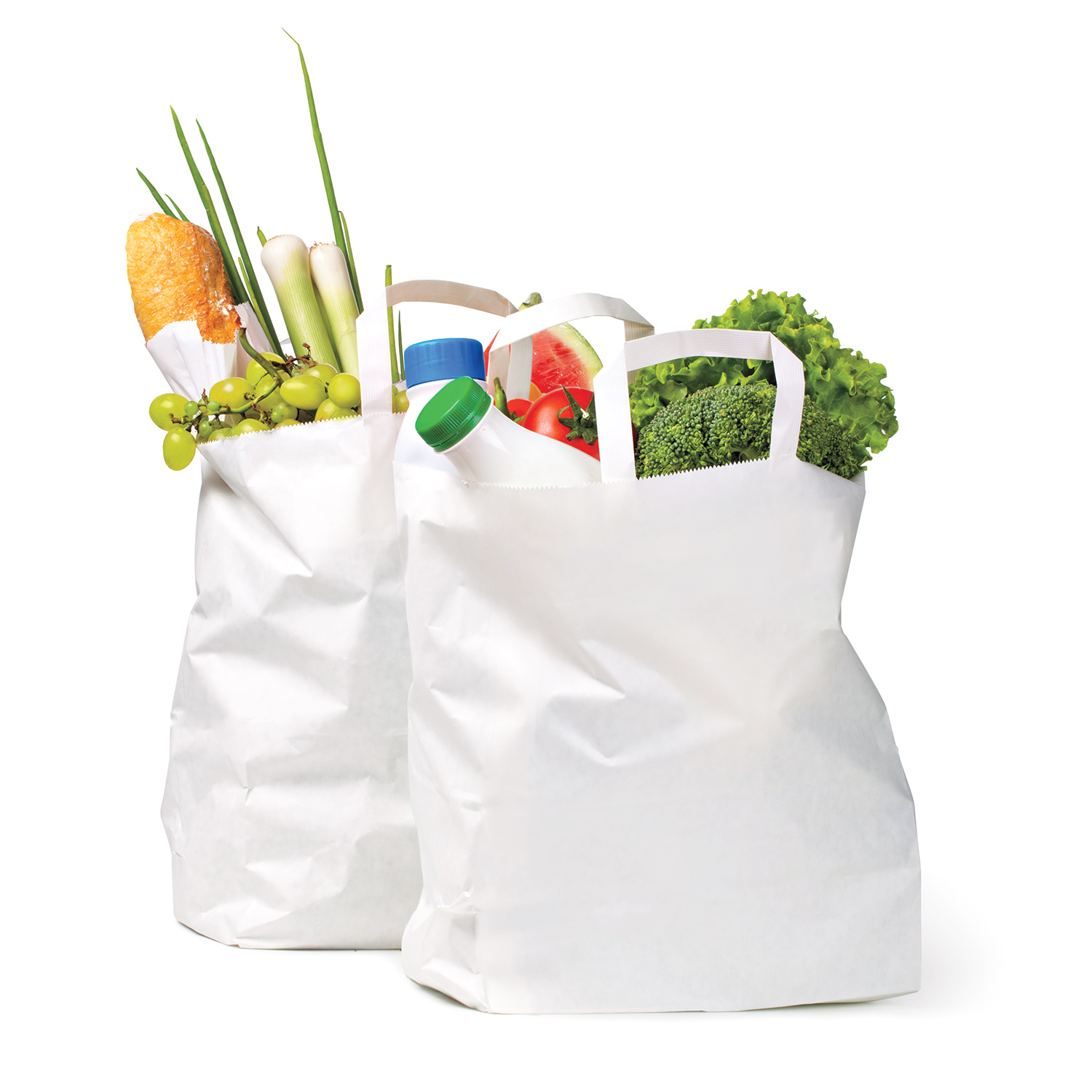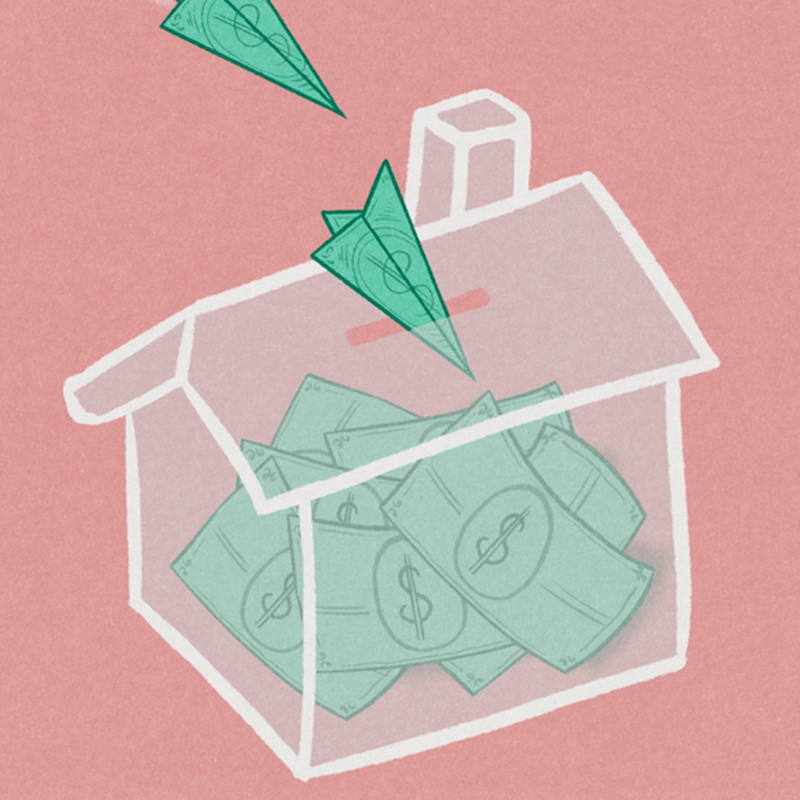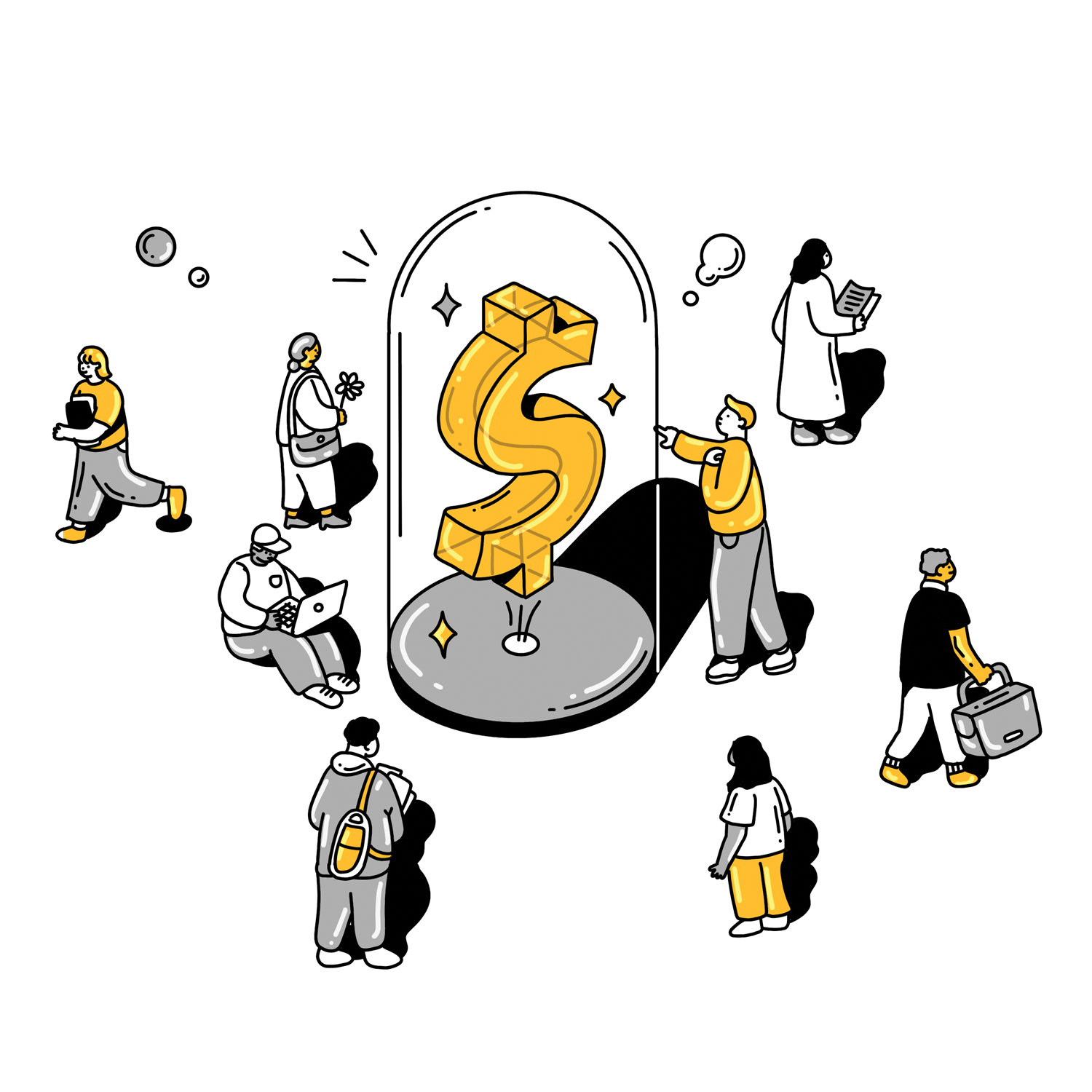Food App Couriers Rely on Tips—but Customers Are No Longer Feeling Generous

Food-app delivery workers are becoming more and more frustrated with the tips they are receiving from customers. On social media, people who work for apps like Uber Eats, Skip the Dishes and DoorDash are posting videos of their daily earnings, revealing they can make as little as $3 per order—that’s base wage and tip. Many gig workers are being paid below minimum wage, so they can’t make a livable income when customers don’t tip, an increasingly common situation.
According to Brice Sopher, the vice president of Gig Workers United CUPW, a union that supports food delivery workers in the Greater Toronto Area, tips can account for anywhere from 20 to more than 50 per cent of a courier’s pay. Sopher, who is a courier for Uber Eats and DoorDash, says delivery workers rely heavily on tips because the apps pay such a small base wage.
Related: LinkedIn Isn’t a Dating App, But Horny Dudes Are Still Sliding Into DMs
But with inflation and the rising cost of living, customers are less inclined to tip on top of the app’s service fees and the cost of the food. “The blame is with these companies for allowing customers to opt out of tipping—or tip very little—and for making tips an increasingly large part of our income,” says Sopher.
It’s not a sustainable model for anyone. Workers like Sopher are experiencing burnout, while consumers continue to pay higher prices for goods and services. Meanwhile, apps are raking in service and delivery fees. But will tipping culture go away any time soon?
A tipping point
Daniel Tsai, a lecturer at Toronto Metropolitan University and a senior fellow at the McGill University CIBC Office of Sustainable Finance, says that during the pandemic, customers were supportive of higher and more frequent tips. “Consumers were aware of how hard-hit their local businesses were because of Covid,” he explains.
But now, with everyone’s pockets feeling tighter thanks to higher interest rates and inflation, Tsai says that consumers are less willing to tip on food orders. This is happening in tandem with “tipflation,” where customers are being asked to leave a greater tip on everything from their daily coffee orders to their haircuts. A 2023 survey from the Angus Reid Institute found that 62 per cent of Canadians are being asked to tip more, and 64 per cent say they’re being asked to tip more often. “Customers see themselves as in the same boat as hospitality workers, in terms of trying to make ends meet,” says Tsai.
Related: The Cost of Living Is Through the Roof—Can You Use It to Leverage a Raise?
Adding to the plight of delivery workers, Uber Eats changed its payment structure causing them to become more reliant on tips. Since June 2020, Uber Eats couriers’ base fees have dropped dramatically, with some workers reporting a 60 per cent drop. “When I started working for Uber in 2019, the base pay of an order was enough—I didn’t have to worry about tips,” says Sopher. Before the payment changes came into effect, Sopher says he was making around $6 to $8 in base fares per order. Today, he averages $2 to $4 in base fares per order.
As an example of how much he’s paid now, Sopher says that he recently did a delivery on his bike where the base pay was $1.18. He was tipped $2. And there was a $3.86 promotion for the order (promotions are bonuses given by Uber Eats to couriers to incentivize them to take certain orders—there aren’t always promotions), bringing Sopher’s total take-home for this one order to $7.04, with over a quarter of that payment being the tip.
Plus, Sopher explains that couriers are not paid for any of the time needed to get to the restaurant or for waiting on orders. “Workers aren’t just opening the app and sitting at home—they’re looking for orders and giving their time, but they’re not being paid for the time, which can sometimes be a few hours,” he says. “Then, when we finally get an order, it comes out to be way below minimum wage for the amount of time we were actually working.”
What’s the solution?
As tipping culture stands right now in Canada, tips are being used to help ensure workers earn a living wage. To try to solve this problem, some restaurants have been turning towards no-tip policies and opting to pay their employees higher base wages, increasing their menu prices to help offset the labour cost. Sopher says that if delivery apps introduced a similar model, where gig workers earned a livable hourly wage, customers would also get better service. “If you live in an area with fewer restaurants, I’d be more likely to go out of my way and take your order if there was a fair minimum wage,” he explains. “Because I’m paid per order, I’m less likely now to pick up your order if it’s far away because it’ll take more of my time.”
Related: Feeling Stressed? Here’s How to Take a Mental Health Leave From Work
In many other countries, like Australia, Japan and Brazil, tipping is not customary. In Australia, for example, the minimum hourly wage is AUD$23.23 (about $20) so most workers earn enough that they don’t need to rely on tips. While tipping culture in Canada won’t go away overnight, the crux of the problem is that service workers aren’t being paid fairly, yet companies like Uber Eats and SkipTheDishes rely on them to sustain their business models. “Apps make their money on the middleman fees and undercharge on the delivery fees, relying on customers to make up for it when they tip,” says Tsai.
A spokesperson for Uber Eats says they are working with private-sector union UFCW Canada to advocate to governments across the country to require delivery companies to provide benefits and protections for delivery people—including an hourly pay that is above minimum wage. “Once the government introduces these regulations, and a date for implementation has been announced, we will ensure that we are in compliance,” says the spokesperson.
Sopher says that government regulation is a necessary part of the solution. Gig Workers United has been lobbying for delivery workers to be included under the Employment Standards Act, which regulates employment in Ontario—everything from overtime pay, vacation, leaves of absence and wages are set out by the Act. “The government needs to step in,” says Sopher. “Bring us under the Employment Standards Act and treat us as employees, because that’s what we are.”










